Our Legacy & Mission
For decades, NCNPR has been at the forefront of advancing natural products for health, agriculture, and sustainability, driving innovation through rigorous science and collaboration.
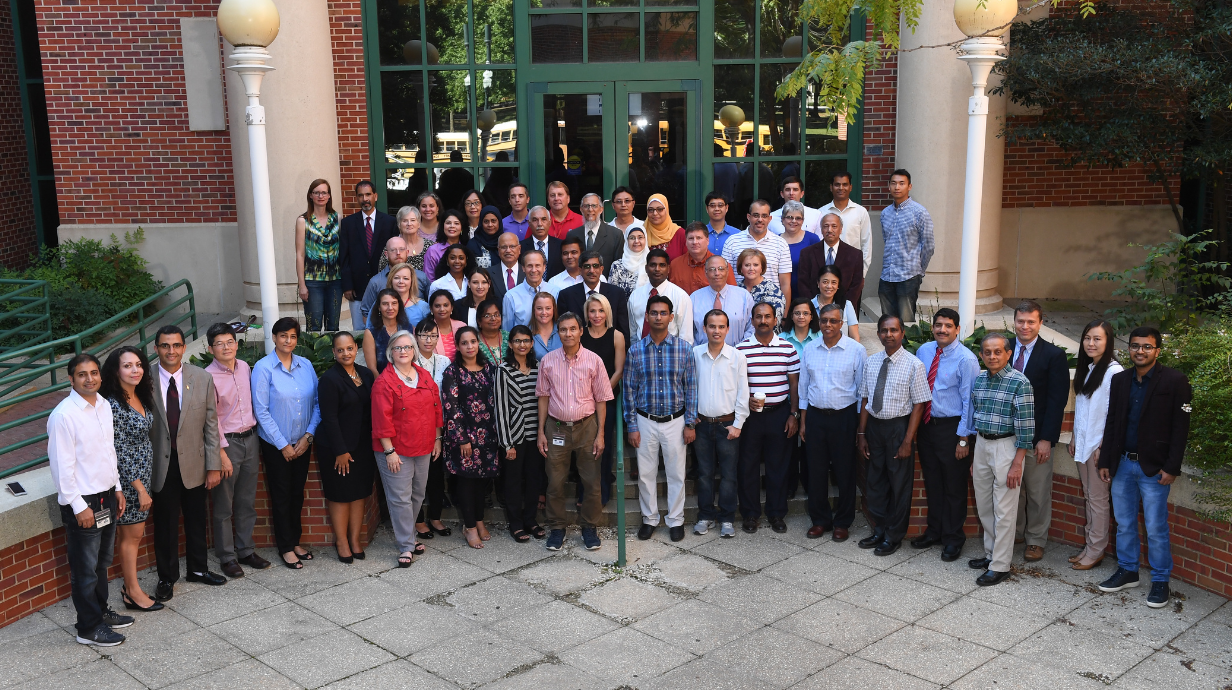
The history of our center
For the past 30 years, the National Center for Natural Products Research (NCNPR) has led the way in natural products research, building a legacy of excellence and innovation. Established in 1995 at the University of Mississippi, the center was founded with the mission to advance the science and safety of natural products in the fields of health, agriculture, and sustainability. NCNPR’s early focus on plant-based research soon expanded to encompass a wide range of interdisciplinary studies, tackling global challenges with practical, science-driven solutions.
Throughout the years, NCNPR’s role as a leader in natural product research has been reinforced through key collaborations with regulatory agencies such as the FDA and USDA. These partnerships have allowed the center to influence industry standards, participate in training hundreds of FDA inspectors, and provide scientific expertise that continues to shape policies and practices.
As the center celebrates its decades-long legacy, NCNPR remains committed to advancing natural products research and ensuring their safe application across industries. With a vision grounded in scientific rigor and a history of transformative achievements, NCNPR is poised to continue its mission of delivering sustainable, health-driven solutions for the future.
Areas of impact
At NCNPR, we bring together a multidisciplinary team of scientists and researchers to address some of the most pressing challenges in health, agriculture, and sustainability. Our work spans a variety of fields, allowing us to create practical solutions that have a meaningful, lasting impact on global well-being.
Here are some of the key areas where our research is making a difference:
We conduct pharmacokinetic and clinical studies to evaluate the safety, efficacy, and optimal dosing of natural products, providing critical data that helps translate research into real-world applications.
We offer programs to enhance quality control, authentication, and industry expertise, ensuring professionals in the field are equipped with the knowledge to meet the highest standards.
We partner with academic institutions, industry leaders, and sponsors to drive research and innovation in natural products, extending the impact of our work and solving global challenges.
Our facilities & labs support groundbreaking research
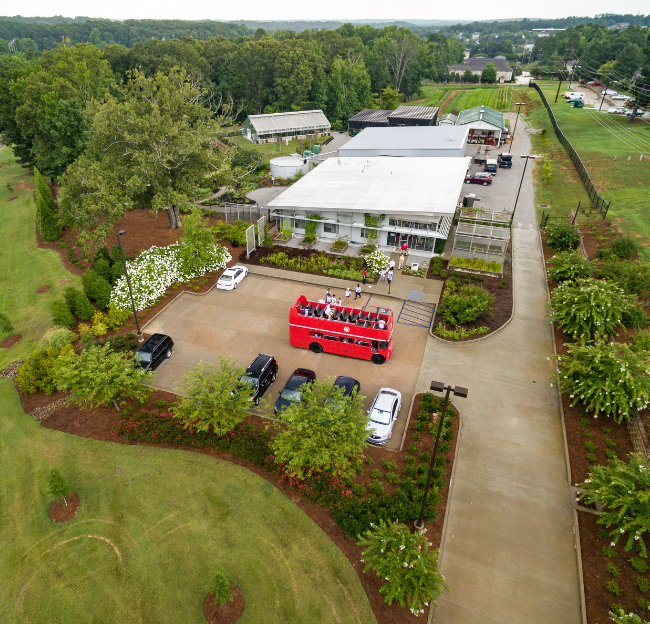
Maynard W. Quimby Medicinal Plant Garden
Our living collection of over 1,000 plant species serves as a critical reference for the center’s natural products research. A rich operational resource, the garden at the University of Mississippi enables the center’s multidisciplinary approach combining expertise to ensure the quality, safety and proper identification of botanical ingredients, In addition, the garden maintains a seed bank, which facilitates plant conservation and enables the exchange of genetic material with leading botanical institutions worldwide.

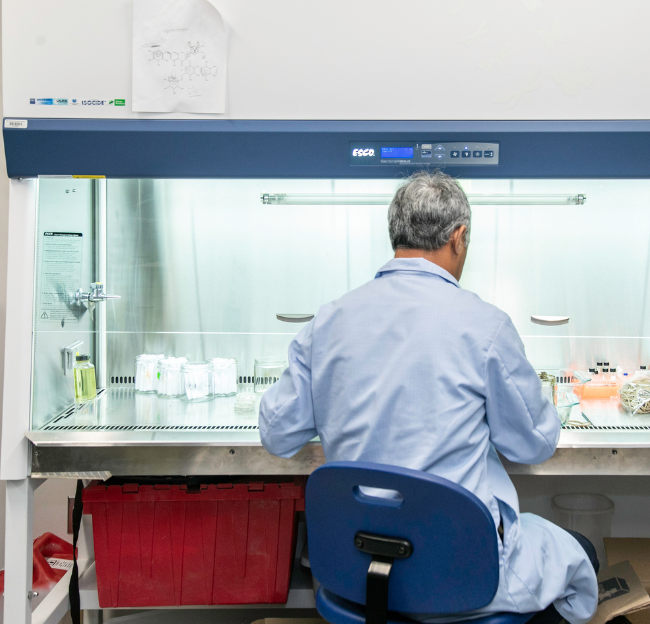
Advanced labs
Our labs include analytical chemistry labs with high-resolution mass spectrometers and nuclear magnetic resonance (NMR) spectrometers for structural elucidation and quantification of natural products, molecular biology and biochemistry labs that focus on gene cloning, expression, and analysis, investigating biosynthesis pathways, and computational chemistry facilities with high-performance supercomputers for molecular modeling and simulations. Our biological screening labs use high-throughput systems to test compounds for bioactivity, helping identify promising candidates for development.
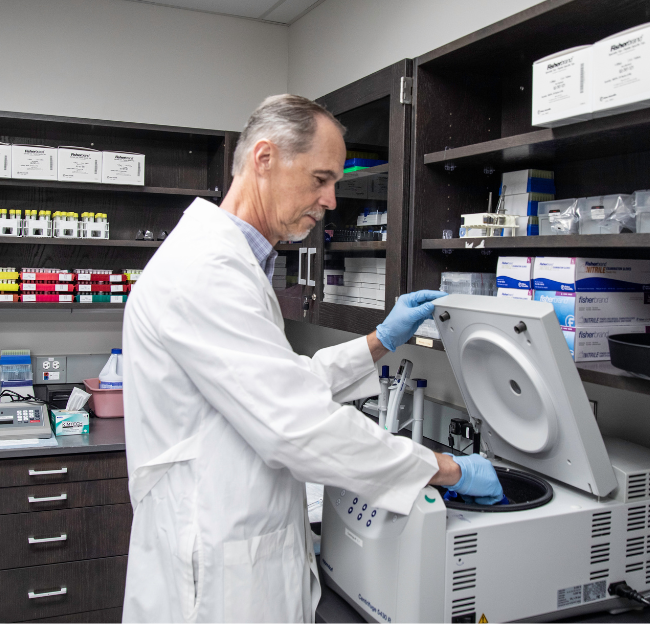
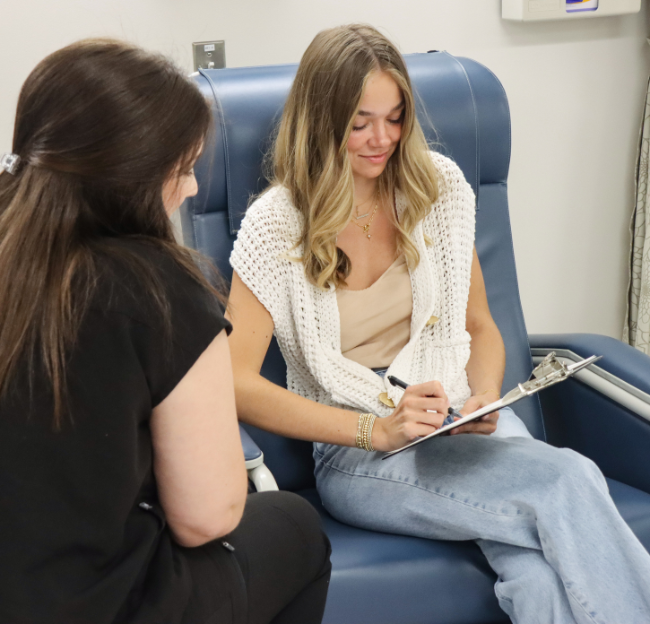
Clinical Research Unit
Our Clinical Research Unit conducts studies on potential prescription drug products, dietary supplements and other natural products on human subjects. The facility includes: 10 bays with privacy curtains where participants are hosted during trials and can receive blood draws and administrations, a nurse’s station, a private exam room, and a sample collection room.
